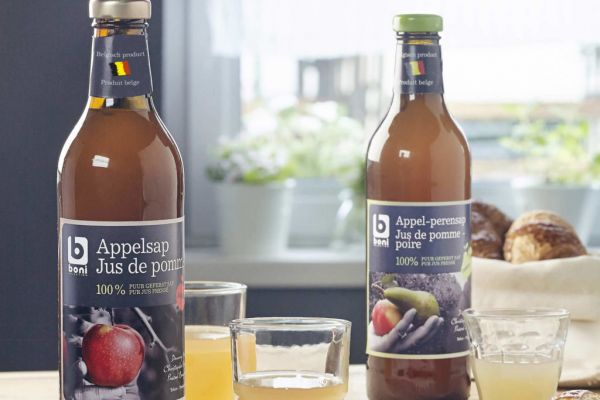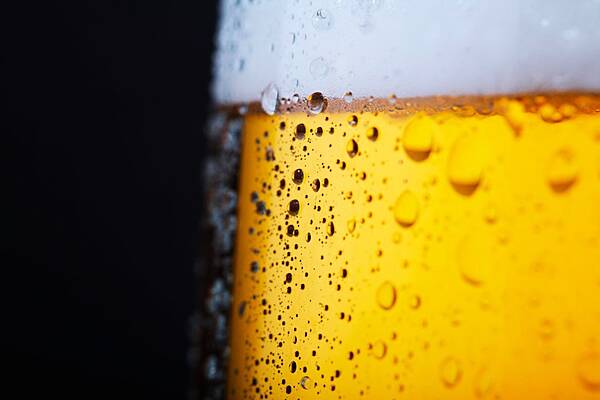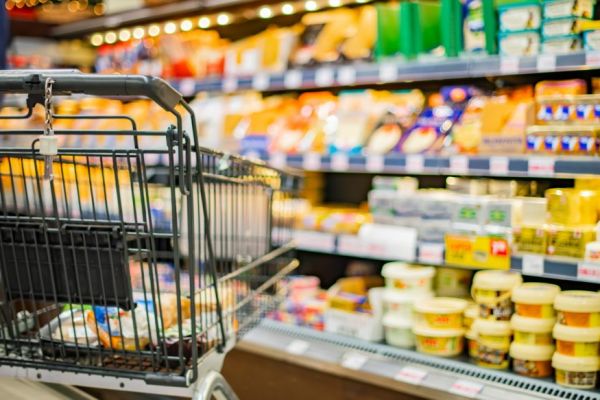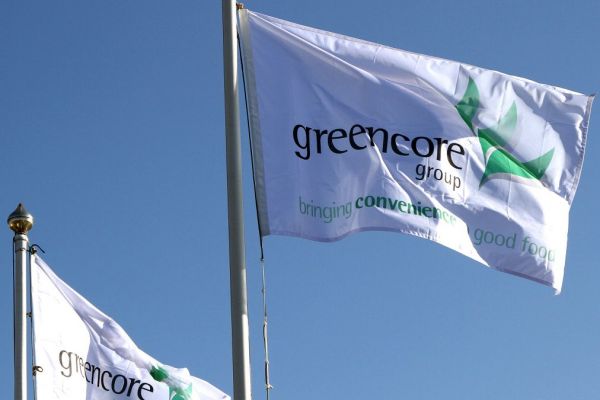Belgian retailer Colruyt Group has introduced the 'Eco-Score' feature to its Boni Selection range to share information about the environmental impact of its private-label products.
Customers will gain access to the Eco-Score of the food products offered in the Boni Selection range via the retailer's SmartWithFood app.
The initiative aligns with Colruyt Group's ambition to help customers make conscious and sustainable choices when shopping.
'Simple, Relevant Information'
Stefan Goethaert, responsible for the Eco-Score project at Colruyt Group, stated, "People want simple, relevant information. They want to go beyond how healthy a product is and what its nutritional value is.
"Market research has shown that customers are also asking questions about the environmental impact of their products. It is up to us as retailers to help them, starting with our private label products."
Colruyt will share the Eco-Scores of about 2,500 Boni Selection items and other private label products available online via the SmartWithFood app in the first phase of the project.
Goethaert added, "Later on, score recognition will also be rolled out step by step to other app applications such as MyColruyt, Xtra and Collect&Go.
"Before the summer, the Eco-Scores of national brand products should be available for consultation via our online tools. In the next phase, we will start a gradual roll-out of the Eco-Score on the packaging of all our Boni Selection food products."
Methodology
Eco-Score methodology, developed in France, comprises the life cycle analysis of a product and evaluation with additional indicators based on a 'bonus-malus' system.
Goethaert explained, "This Eco-Score goes far beyond just the CO2 emissions - the 'carbon footprint'. Eco-Score also takes into account plus and minus points (bonus-malus scores), such as transport, recyclability and certification.
"The combination of all these factors makes this Eco-Score so special and allows us to apply it to food products."
The scores are calculated based on the PEF (Product Environmental Footprint) methodology used in the Agribalyse database developed by the French government.
It considers 16 impact categories, including climate change, water use, land use, particulate matter and acidification. The scores are average scores.
© 2021 European Supermarket Magazine – your source for the latest retail news. Article by Dayeeta Das. Click subscribe to sign up to ESM: European Supermarket Magazine.














